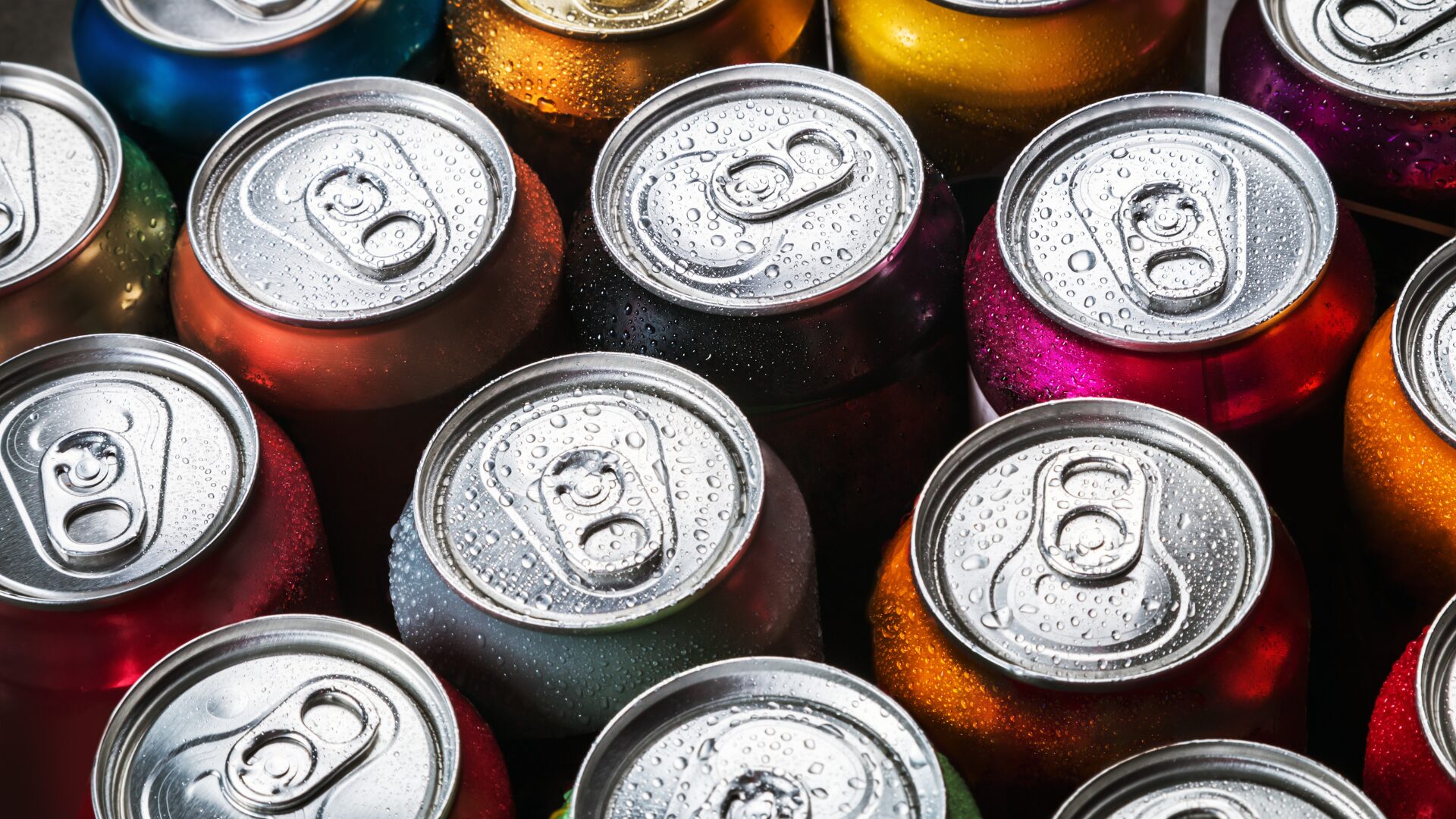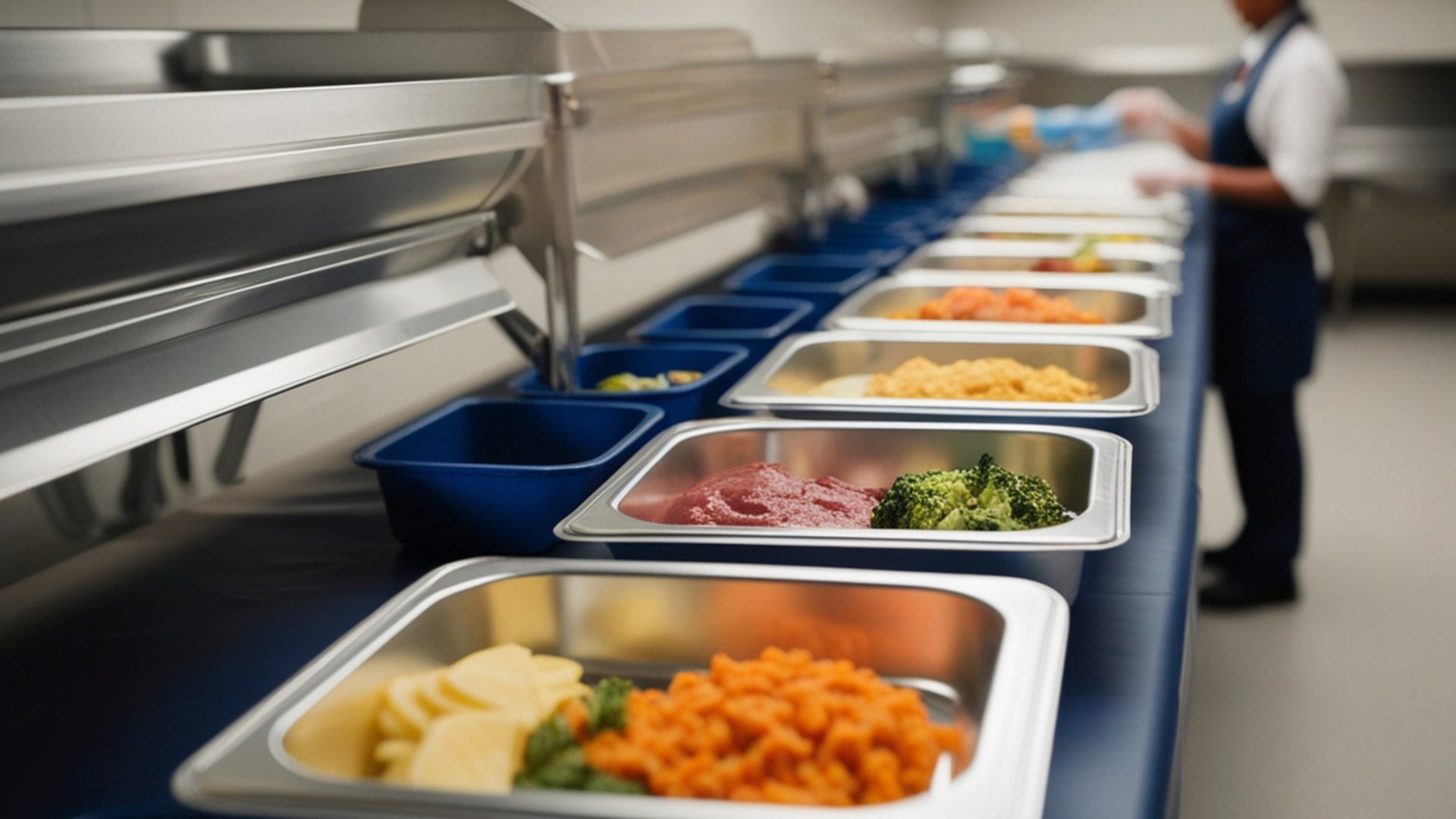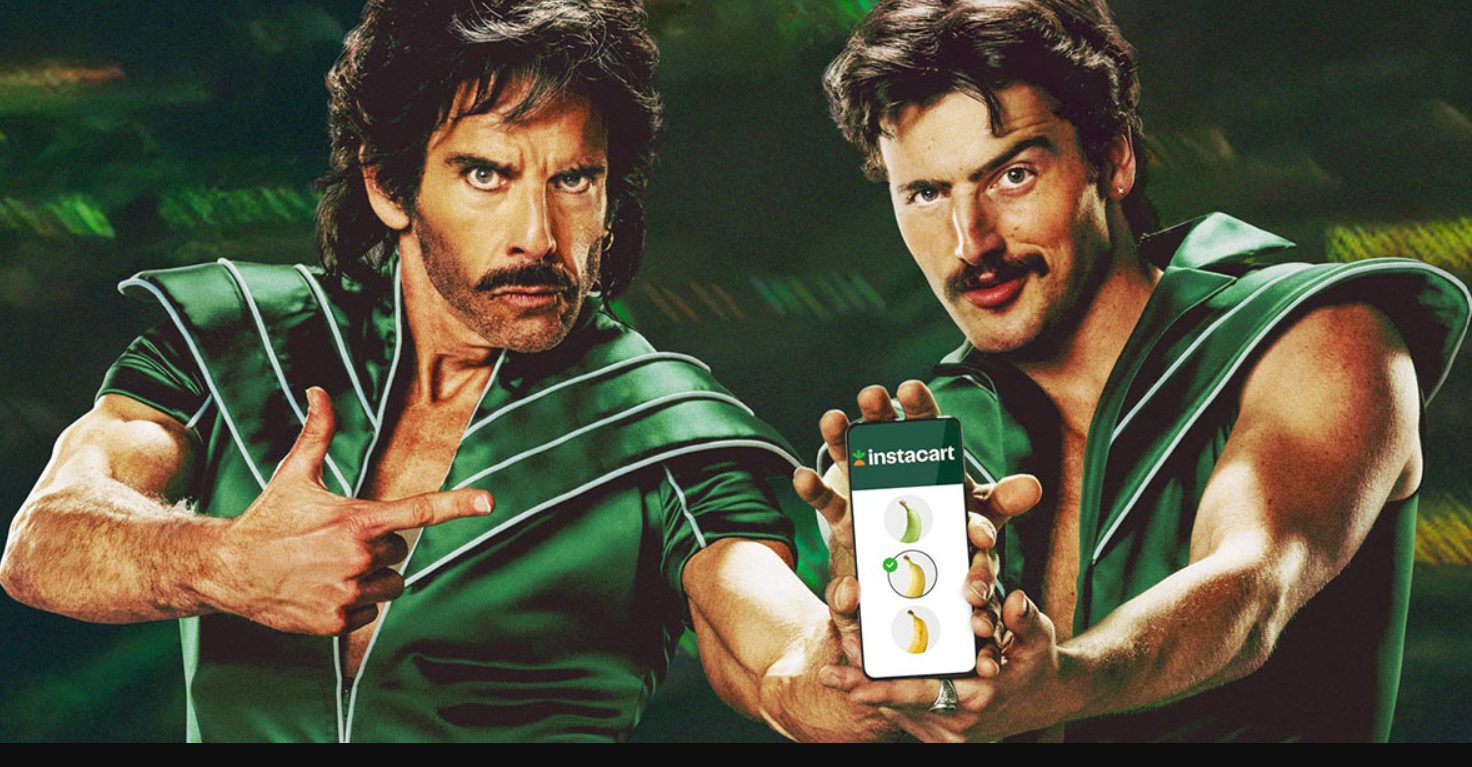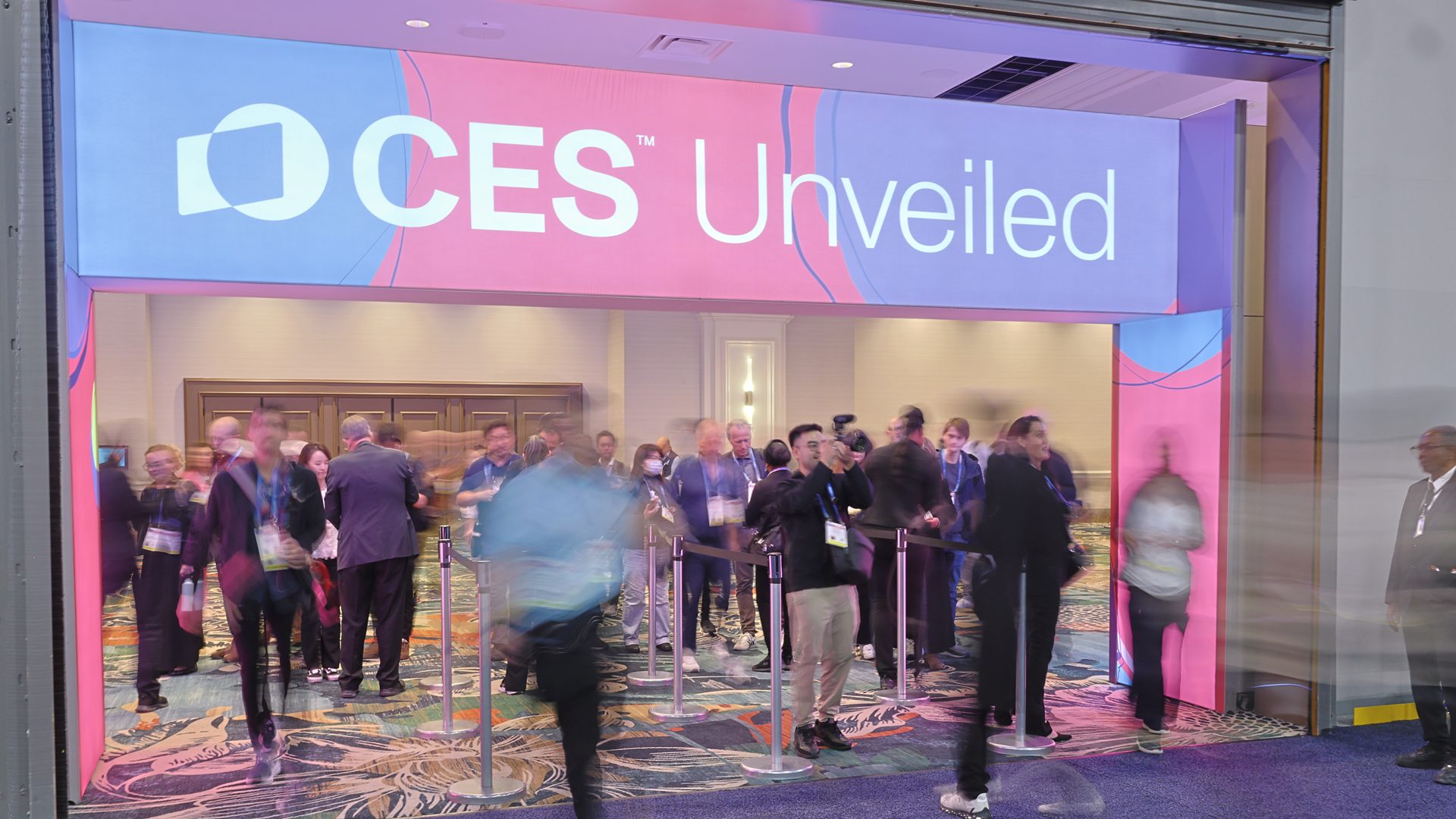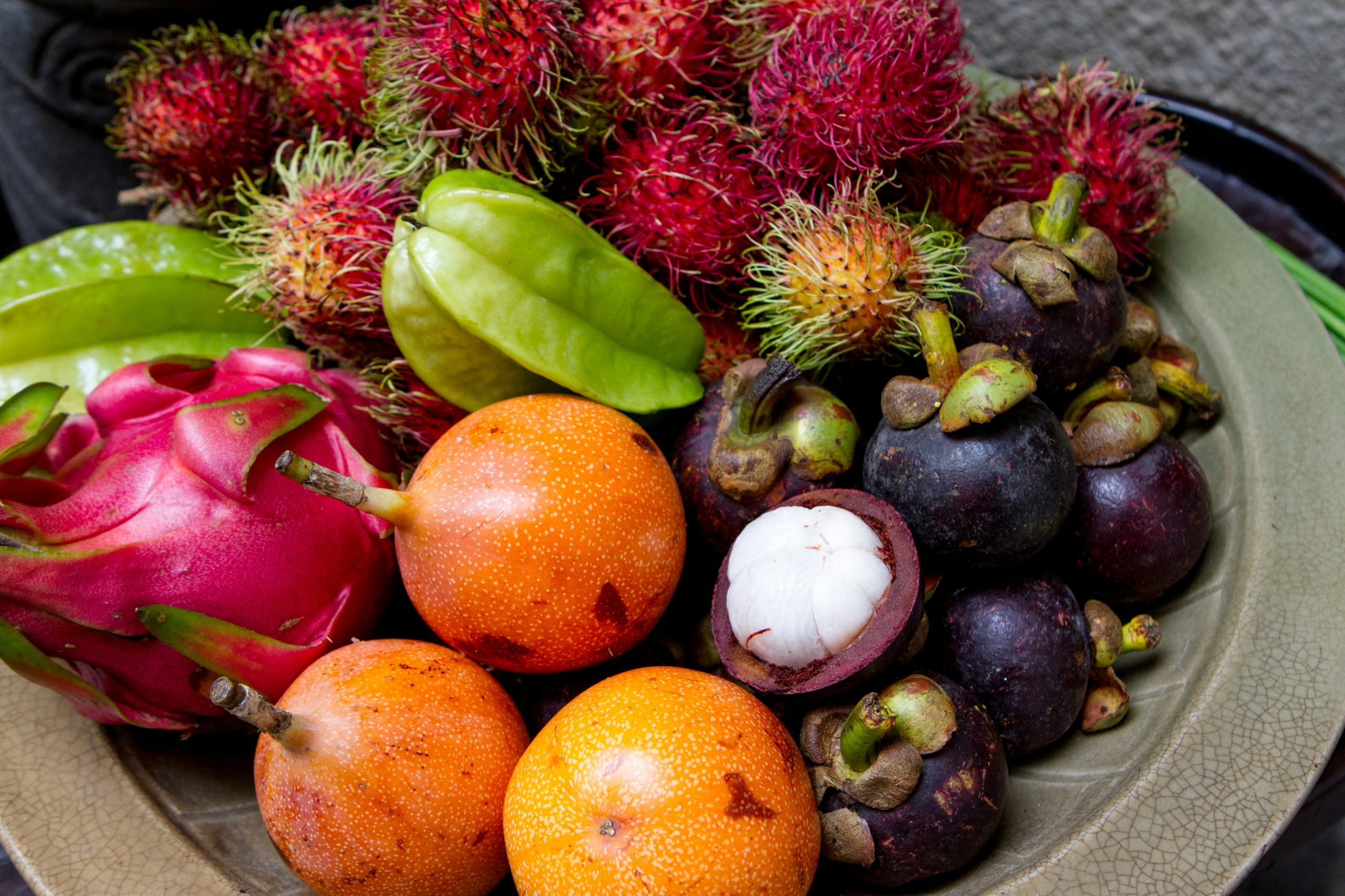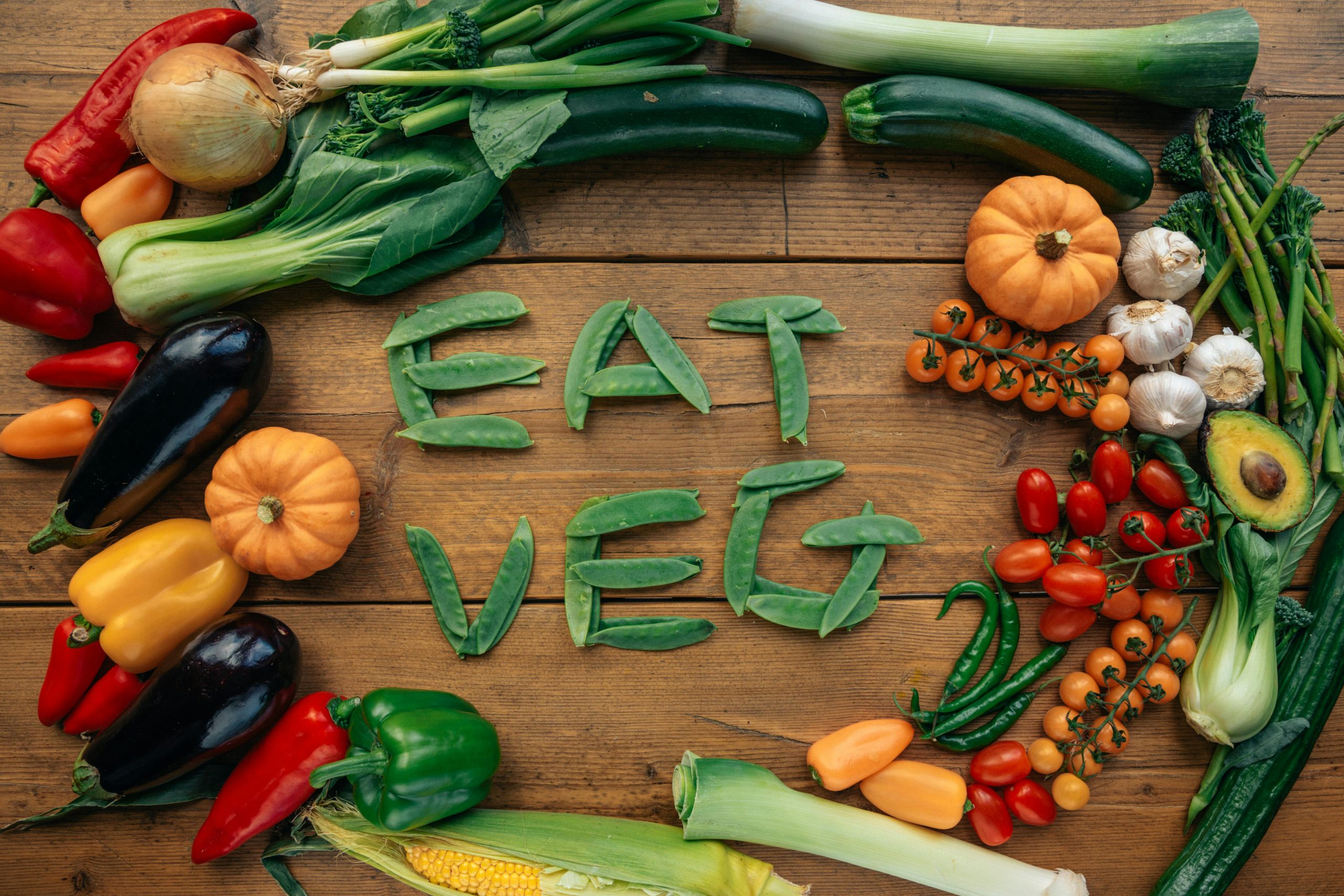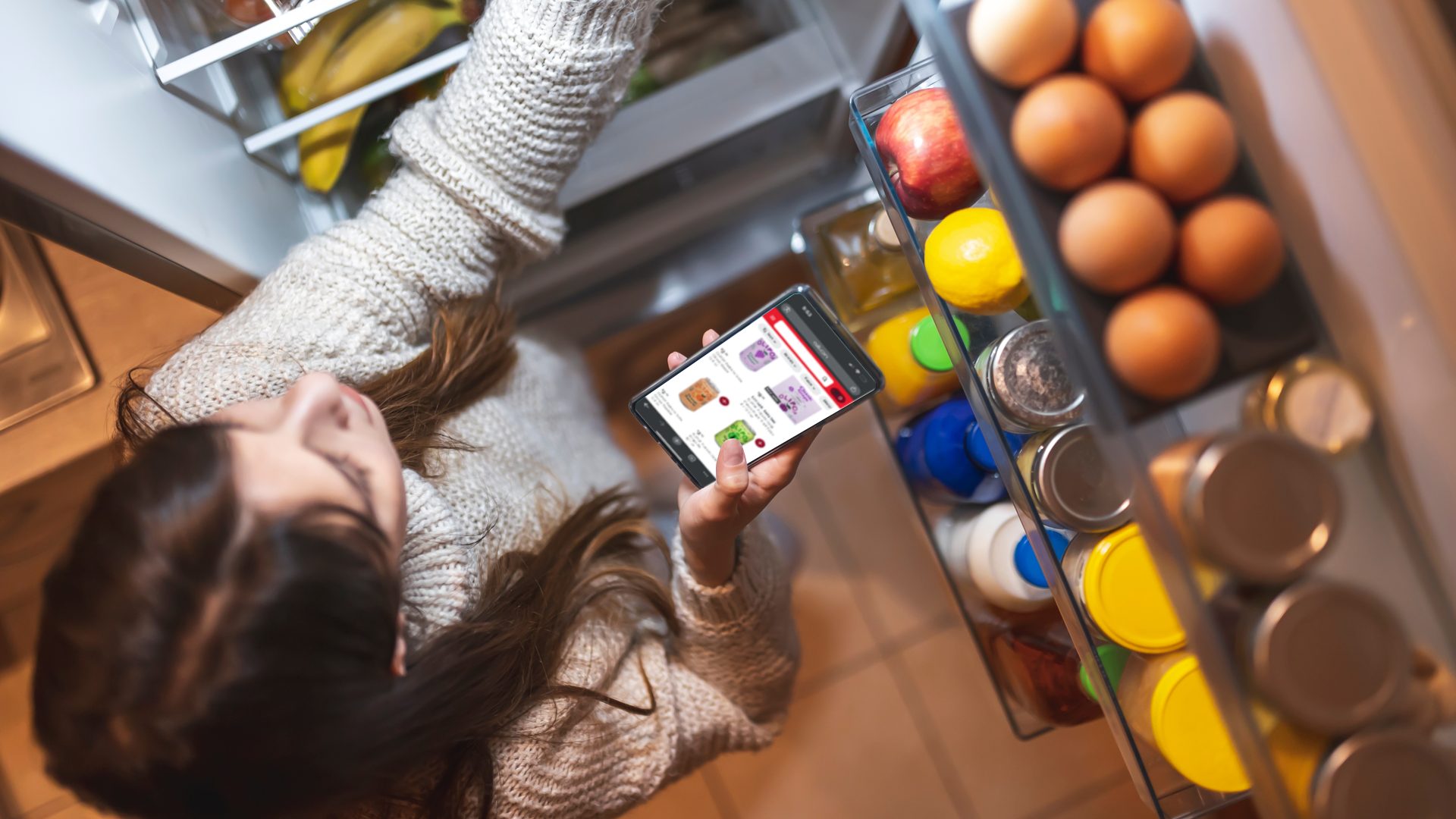Prebiotic sodas have become a phenomenon, even if their ingredients remain a mystery to most consumers. Many industry insiders feel brands like poppi and OLIPOP are here to stay.
“Prebiotic sodas have substantial long-term potential,” Todd Redmon, partner at PA Consulting, told The Food Institute. “Scientific research continues to uncover the benefits of prebiotics for digestive health, immunity, and even mental health.”
Prebiotic sodas utilize inulin and other sources of fiber to help feed beneficial gut bacteria. And the category’s sales have risen significantly in 2024.
There’s just one problem.
“People simply don’t know what’s in these drinks,” Tom Pirko, president of Bevmark, recently told IFT. “In our age of nano-attention, when the vast majority of consumers aren’t interested enough to … read and decipher labels, it might be hopeless to suggest they will ever understand enough to take prebiotic soft drinks seriously.”
U.S. sales of no less than a dozen prebiotic brands are estimated at more than $100 million – a level that’s about three times that of year-ago sales, according to Beverage Marketing Corp.
The poppi brand has steadily gained popularity since it arrived on the scene in 2018. It features 2 grams of soluble fiber per can.
Despite their healthier-for-you perception, some experts feel prebiotic sodas lack true nutritional efficacy.
“It will likely be necessary for prebiotic sodas to counter the headwind around the belief that health and wellness is best addressed with ‘real’ food and drink – and lifestyle choices,” Lindsey Leikhim, associate partner at PA Consulting, told FI.
The price of prebiotic sodas is also a barrier to entry for some consumers. A can of poppi, for example, typically costs more than $2.50.
“I see prebiotic sodas being in the happy middle with their position in the market being that of taste and reason,” said Reilly Newman, founder of Motif Brands. Prebiotic sodas’ “great taste mimics our favorite sodas, but with the health benefits of prebiotics and better ingredients.
“However,” Newman added, “the perceived value must be clear as well, to justify the price.”
Prebiotic sodas’ future will likely be impacted by major brands. Consider: Coca-Cola pursued an acquisition of poppi earlier this year, according to Bloomberg News.
“Since this [prebiotic soda] market has proven effective and shows growth, I see large brands of classic soda wanting in – they will most likely try to commandeer one of these brands,” Newman said.
As the market matures for sodas that support gut health, consolidation could indeed occur. For now, there appears to be ample opportunity for growth.
“Prebiotic sodas are more than a passing trend,” Redmon said. “They reflect a deeper shift towards health and wellness that is likely to endure.”
The Food Institute Podcast
Funding sources are drying up and inflation is making it harder and harder for higher-priced food brands to compete – what’s an early-stage food company to do? Dr. James Richardson, owner of Premium Growth Solutions and author of Ramping Your Brand, joined The Food Institute Podcast to discuss what types of food companies are succeeding under current industry dynamics.


